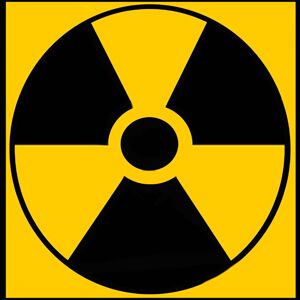
Nuclear Technology Accessible to Terrorists
A black-market trade in Russian nuclear technology threatens the international community.
Former Russian spy Alexander Litvinenko died by ingesting a very rare but extremely lethal dose of polonium-210. While rumors swirl within the international community about who was behind the murder, his death has also precipitated questions about a black-market trade in Russian nuclear technology.
According to figures compiled by Stanford University, approximately 40 kilograms of weapons-grade uranium and plutonium were stolen from Russian nuclear facilities between 1991 and 2002. Also, though not officially confirmed by the International Atomic Energy Agency, there have been reported thefts of polonium from within Russia. The Observerreported on an investigation into the possibility that poorly protected Russian nuclear sites are being raided for the radioactive materials.
Considering the ongoing prospect of international terror, the black-market trade in nuclear technology must provide little comfort to policy makers and politicians entrusted with securing the safety of their citizens.
“Globally there have been more than 300 cases during the past four years where individuals have been caught trying to smuggle radioactive material. In 2005 there were 103 confirmed incidents of trafficking and other unauthorized activities involving nuclear and radioactive materials, many involving Russia,” the Observer wrote.
The inability of nations to build a system of safeguards over its nuclear technology threatens the safety and security of the international community. According to the Stanford University report, the most likely route for terrorists to acquire weapons-grade nuclear technology is by theiving it from a nuclear state.
For America, Israel and Britain—current targets of militant radical Islam—this state of affairs is most alarming. For more, read “Flat-Footed on Nuclear Terrorism.”
